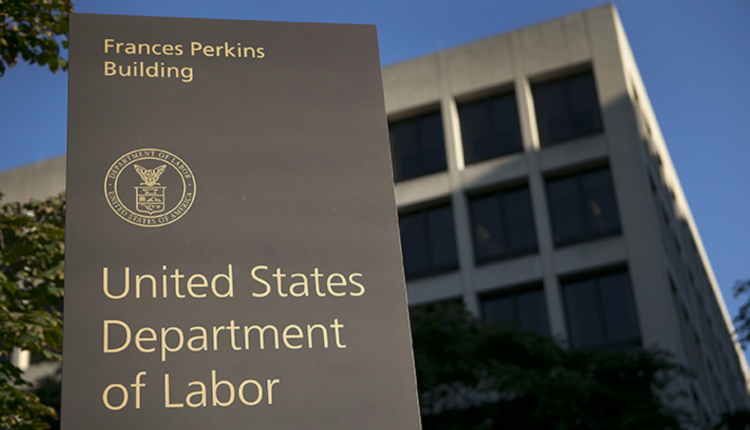
SBA Office of Advocacy- Roundtable on Employee Benefits- November 21, 2019
The Office of Advocacy is hosting an Employee Benefits Roundtable on Thursday, November 21 from 10:00 a.m. until 12:00 noon. The roundtable will be held at the U.S. Small Business Administration Headquarters in Washington, D.C., 409 3rd Street SW, Yale conference Room. Send your RSVP to charles.jeane@sba.gov. Please indicate whether you will be attending in person or by teleconference. Information for attending by teleconference will be sent to you after you RSVP.
Agenda
Welcome and Introductions (10:00 am – 10:15 am)
- Charles G. Jeane, Assistant Chief Counsel, SBA Office of Advocacy
Discussion of Small Business Use of Cafeteria Plans (10:15 am – 10:45 am)
- Gary Kushner, President and CEO of Kushner & Company
Discussion of MEPs and Open MEPs (10:45 am – 11:15 am)
- Sandra Turner, President of Retirement Plan Specialists, Inc.
Discussion of Adding Annuities as An Option for Plan Participants (11:15 am – 11:45 am)
- Chantel Sheaks, Executive Director, Retirement Policy, U.S. Chamber of Commerce
Open Discussion/Other Small Business Issues (11:45 am – 12:00 pm)
Roundtable meetings are open to all interested persons, with the exception of the press, in order to facilitate an open and frank discussion about small business-related issues. Agendas and presentations are available to all, including the press. Anyone who would like to receive roundtable agendas or presentations, or be included in the regular distribution, should forward such requests to charles.jeane@sba.gov. The purpose of these roundtable meetings is to exchange opinions, facts, and information and to obtain the attendees’ individual views and opinions regarding small business concerns. The meetings are not intended to communicate or achieve any consensus positions of the attendees.
Issues for Discussion
Cafeteria Plans:
Internal Revenue Code § 125 allows employees to convert taxable benefits into nontaxable benefits. The plans, called cafeteria plans because of the choices available to employees, offer tax savings to both employers and employees, but employers and self-employed individuals cannot be plan participants. For this reason, cafeteria plans, although advantageous for employers and employees, are underutilized by small businesses.
MEPs and Open MEPs:
A multiple employer plan (MEP) is a single employee benefit plan maintained by at least two employers. It allows employers to reduce their administrative and fiduciary burdens. Generally, employers must have a commonality of geographical location or industry. In July 2019, EBSA published a rule that allows association retirement plans (ARPs) to be offered by associations of employers in a city, county, state, or a multi-state metropolitan area, or in a particular industry nationwide to offer to offer ARPs. The rule also allows professional employer organizations (PEOs) to offer ARPs. The EBSA also recently published a request for information about open MEPs, which would not require the element of commonality and would be administered by a third-party entity.
Annuities as An Option for Plan Participants:
As Americans are living longer, there is a need to ensure that workers have enough income to sustain them after retirement. One such option is having access to guaranteed income streams, such as annuities. Although the Treasury Department has promoted including annuities in 401(k) plans, their use has been limited. Plan sponsors are concerned that current safe harbor standards do not properly insulate them from risk for annuities. The SECURE Act, currently before Congress, would alleviate some of those concerns. Other concerns are the administrative complexities of offering annuities through 401(k) plans and low demand from participants.
Open Discussion/Other Small Business Issues:
This portion of the roundtable will be a general discussion and open forum to discuss other current events and regulatory topics of specific interest to small business, including items on IRS’s and EBSA’s regulatory agendas, draft proposed and final rules pending review at OMB, and other pending policy and regulatory actions.
